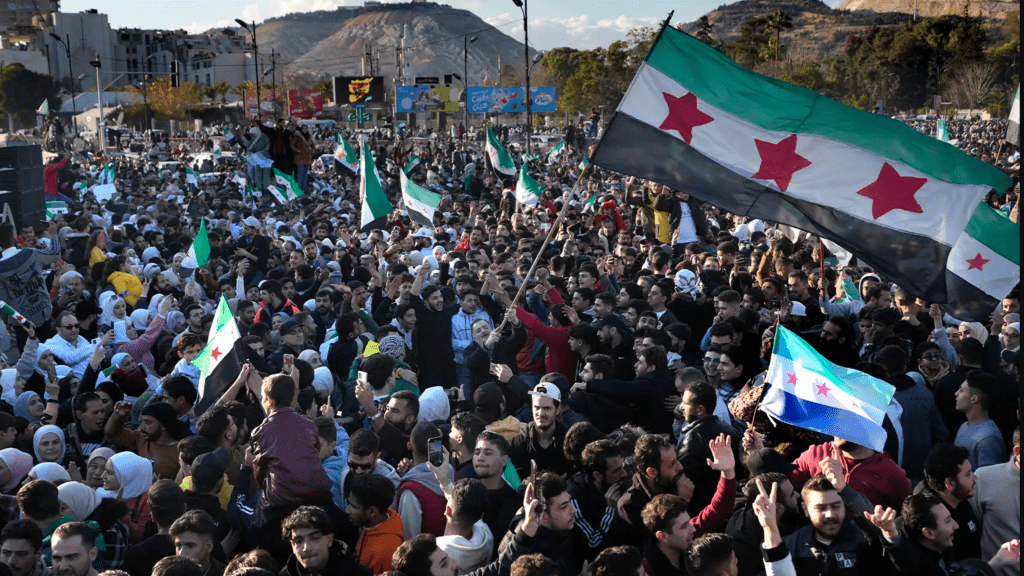Syrian government provokes fear over “selected” elections

Syria is preparing to hold its first elections since the ouster of long-time leader Bashar al-Assad, but there is anxiety amongst democracy campaigners over the tightly controlled nature of these elections, according to Middle East Eye on August 4th.
The elections are set to take place between September 15th and 20th, and according to Syria’s newly established electoral body, will be held under a principle of “selection and election,” in which “electoral bodies” formed by subcommittees will elect two-thirds of the parliament. The remaining third of parliament will be selected by interim President Ahmed al-Sharaa.
Each of these electoral bodies would consist of approximately 50 people, all of whom selected by the Higher Committee for People’s Assembly Election after “extensive consultations” according to the Committee’s spokesperson Nawar Najma.
The criteria for being part of these electoral bodies includes the condition that they do not support “neither in word nor deed” the Assad regime. Another precondition is that members must have no affiliation with any of the security forces to “ensure the neutrality of the military apparatus and interior ministry”, Najma stated.
The increasingly centralised nature of Syria’s upcoming elections reflects the broader tension that has been apparent since the overthrow of Assad, with the current transitional government desperate to eradicate the remnants of the Assad regime, demonstrated through the recent arrest of Imad Nafouri, an Assad-era army general.
Sectarian conflicts in the country emerging from al-Sharaa’s infant presidency has also contributed to domestic tensions, leading to 145,000 people being displaced from the region of Suweida, in Syria.
These factors, combined with an electoral process based on selection, has provoked anxious responses from pro-democracy groups in Syria, who perceive these tensions as a consequence of President al-Sharaa attempting to acquire more power and control.
Razan Rashidi, executive director of The Syria Campaign, expressed doubts over the “transparency and legitimacy” of the upcoming elections and questioned the effectiveness of the elections in providing accurate representation of Syria’s diverse communities, including female representation within a predominantly male government.
The continuing centralisation of the Syrian government post-Assad is part of a pursuit for a new “ruling regime” according to Joseph Dahar, a Swiss Syrian professor at the University of Lausanne. But Dahar also said the new government is not able to successfully assert its authority.
This has seemingly led to a failure to control the sectarian violence between the Druze minority, Bedouin tribesman and state officials. All the while, there are fears that the new government is targeting the Alawite minority, the religious sect of Bashar al-Assad.
Daher argues that to ensure Syria does not revert to the oppressive regime of Assad, a process of decentralisation alongside genuine political inclusion for all communities is critical.
“This starts, for example, with allowing regions to elect their own representatives, whether in Sweida or the northeast”, he argued.
Clearly, whilst al-Sharaa is building bridges with foreign policy and attaining support from foreign countries for Syria’s post-war recovery, domestically the need for trust has never been greater.
Middle East Eye, Maghrebi.org
Want to chase the pulse of North Africa?
Subscribe to receive our FREE weekly PDF magazine














